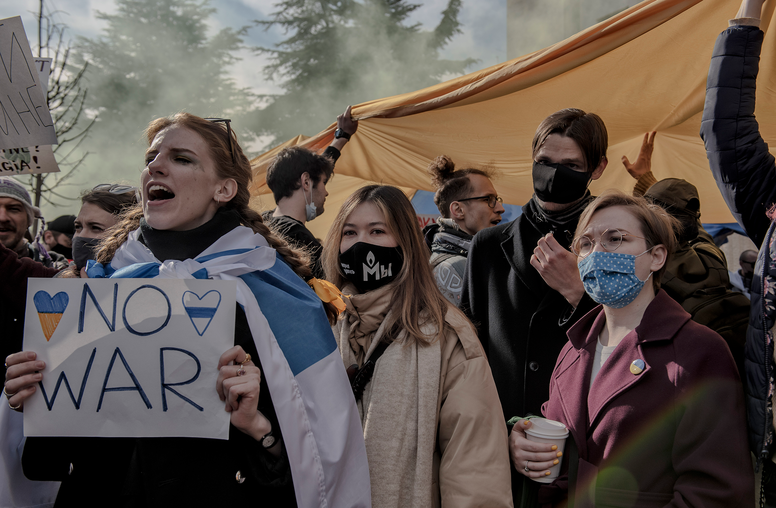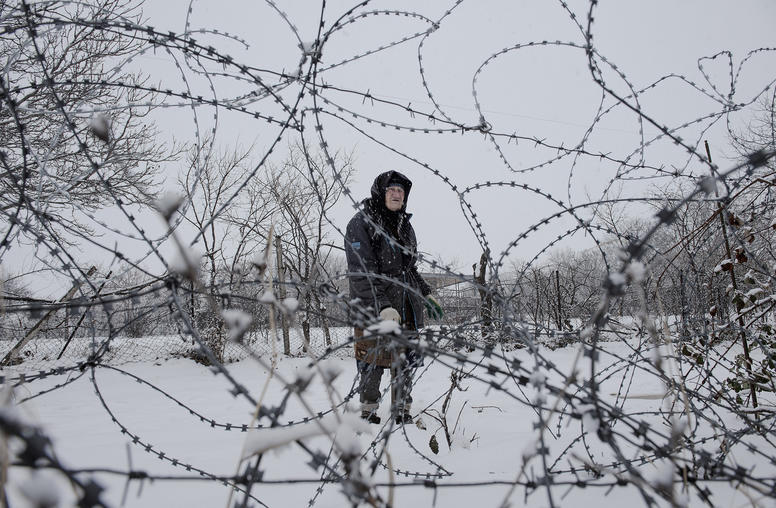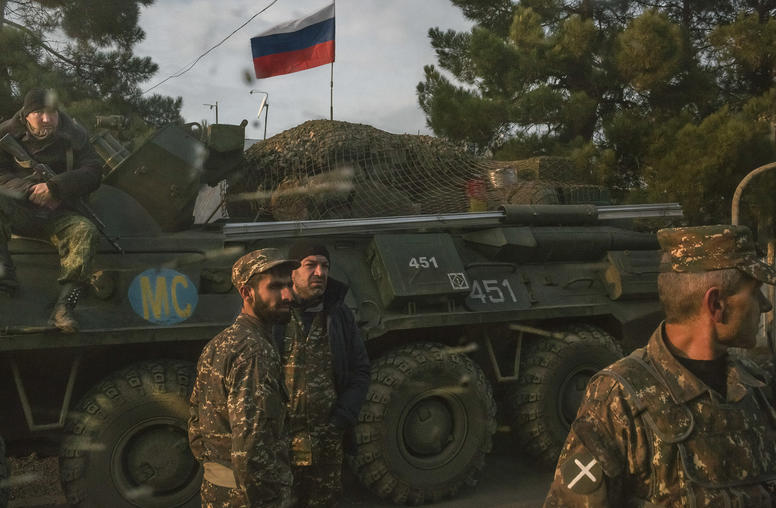Seeking Security: Georgia Between Russia and ISIS
Defense Minister Tinatin Khidasheli Speaks on Challenges to Georgia and the Black Sea Region
Read the Event CoverageAs world headlines focus elsewhere, international security remains at risk in Georgia: Russian troops, in July, continued a creeping seizure of new Georgian territory, including part of a strategic pipeline. ISIS was recruiting fighters throughout the Caucasus for its war in Syria. Georgian Defense Minister Tinatin Khidasheli, in Washington to meet with top U.S. officials, made her remarks at USIP August 19. She discussed how her country is navigating regional security threats that have deepened in the 18 months since Russia attacked Ukraine.

Minister Khidasheli made her first visit to Washington as defense minister just weeks after little-reported events that underscore Georgia’s continued importance to regional security. In July, Russian troops, who invaded in 2008, quietly advanced from South Ossetia to take over part of a BP-operated oil pipeline that supplies Europe. Georgia placed major orders with Western firms for defensive radar systems compatible with those of NATO. The trans-Atlantic alliance conducted its first exercises in Georgia involving troops from multiple member states. And elders in Georgia’s Muslim minority community reported that the Islamic State movement, or ISIS, has wooed new recruits for the Syrian war from among their youth—part of a broader radicalization across Georgia’s borders in predominantly Muslim Chechnya and Azerbaijan.
In recent speeches, Minister Khidasheli underscored Georgia’s renewed push for the Atlantic alliance to offer it a formal membership plan at next year’s NATO summit in Warsaw. At USIP, she discussed the security challenges her country faces, and how they have changed since Russia last year annexed the Crimean Peninsula and began its war with Ukraine.
A lawyer by training, Minister Khidasheli has been an outspoken advocate for human rights during a career of more than two decades that has included service on the Tbilisi City Council and in Georgia’s national parliament. She is the first woman to serve as Georgia’s defense minister.
Continue the conversation on Twitter with #GeorgianSecurity.
Speakers
Tinatin Khidasheli
Minister of Defense, Georgia
William B. Taylor, Moderator
Executive Vice President, U.S. Institute of Peace



